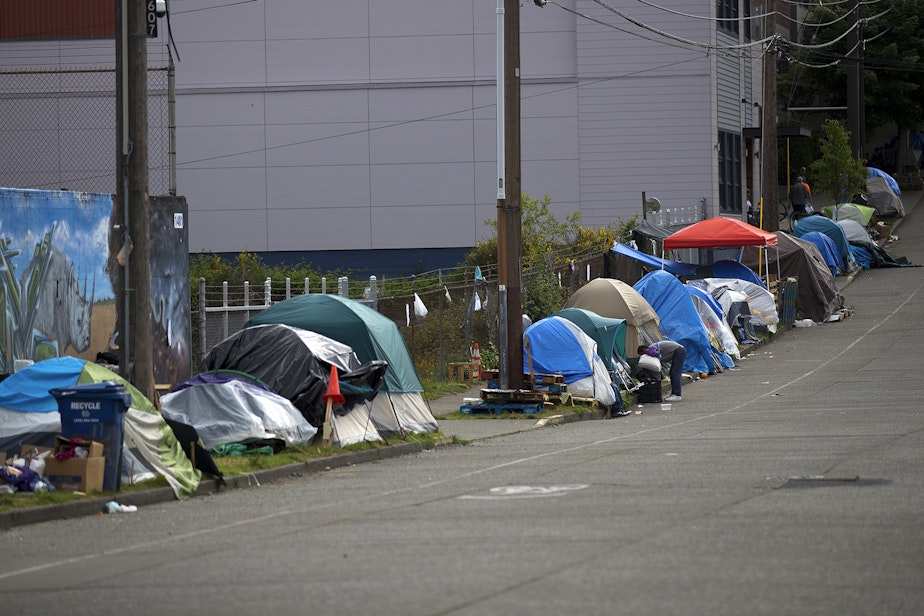Why is liberal Seattle appealing to the conservative U.S. Supreme Court over homeless camp sweeps?

The city of Seattle, the liberal paradise of legal weed and police-free autonomous zones, is asking for help from the most conservative U.S. Supreme Court in almost a century.
Seattle joined a dozen other cities, including Tacoma and Spokane, to ask Supreme Court justices to overturn two Ninth Circuit Court rulings, Grants Pass v. Johnson and Martin v. Boise, that restrict when city officials can sweep homeless encampments.
A flurry of amicus briefs were filed last week by leaders ranging from California Gov. Gavin Newsom to the North Dakota League of Cities representing a rare coalition of Democrat and Republican leaders requesting the high court's intervention.
Critics are worried that underpinning this legal campaign by cities against the Ninth Circuit rulings is a desire to return to criminal penalties for unhoused people sleeping outside.
The Martin v. Boise case involved a group of plaintiffs who were experiencing homelessness in Boise, Idaho.
Sponsored
"They alleged that the city violated their Eighth Amendment rights by outlawing sleeping or camping in public, even while there was insufficient shelter in the city," said Sara Rankin, a professor of law at Seattle University and the director of the Homeless Rights Advocacy Project.
The Ninth Circuit Court sided with the plaintiffs and against the city of Boise in 2018.
"The Eighth Amendment prohibits punishing involuntary acts or conditions if it's the unavoidable consequence of one's status or being," Rankin said. "And so the Martin court took that precedent and basically reasoned that the that the state or the government can't criminalize conduct that is an unavoidable consequence of being homeless."
Grants Pass v. Johnson was a class action lawsuit brought on behalf of involuntarily homeless people in Grants Pass, Oregon, who challenged ordinances that ban camping and sleeping.
"Martin said it protects people who are involuntarily homeless from criminal prosecution for surviving in the public," Rankin said. "The Grants Pass case looked at whether that same logic could apply to civil sanctions. The court there determined that it does."
Sponsored
Now, various municipalities are asking the U.S. Supreme Court to look at these Ninth Circuit rulings.
Listen to Soundside’s full conversation with Sara Rankin by clicking the play icon at the top of this story.



